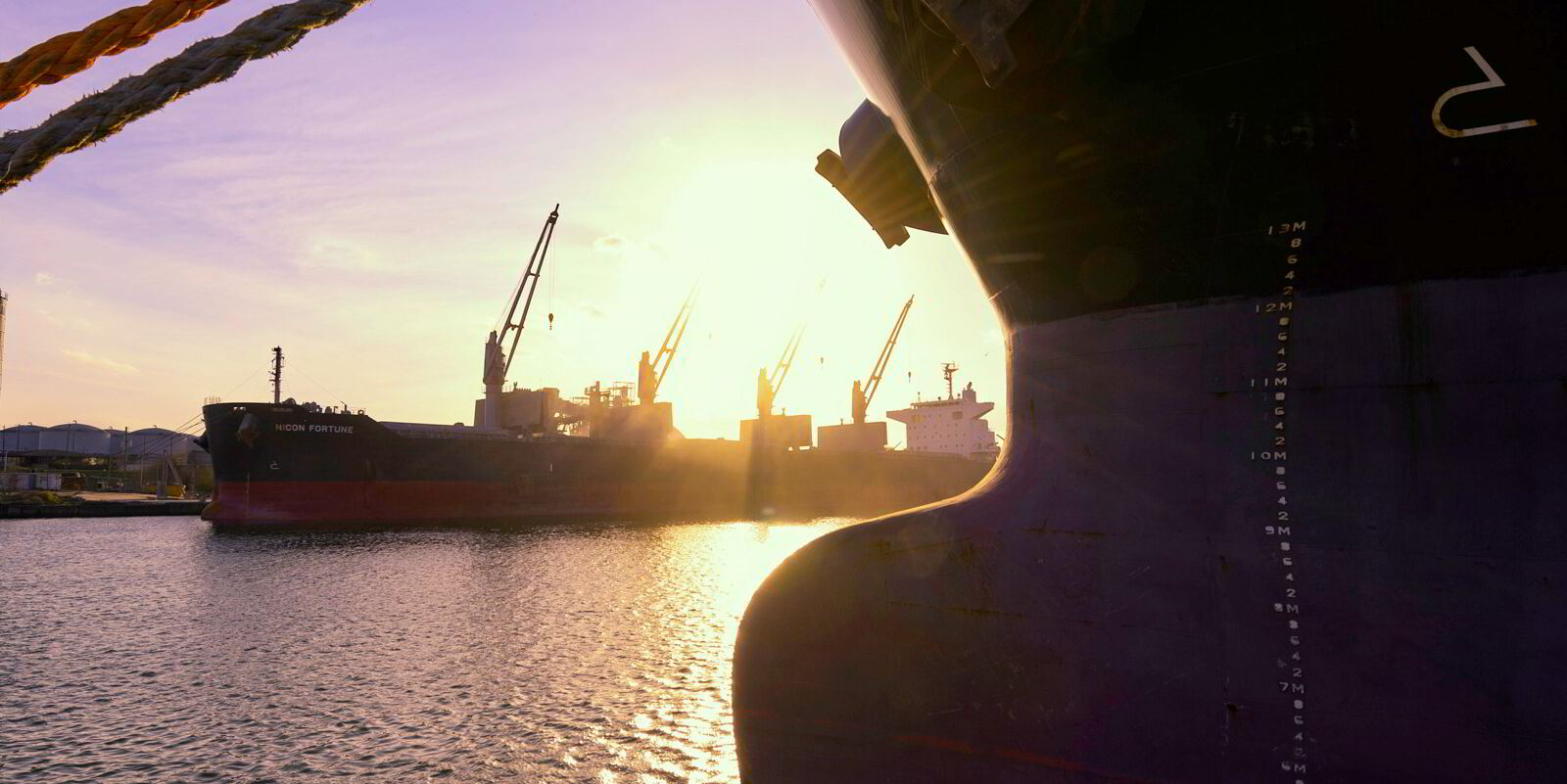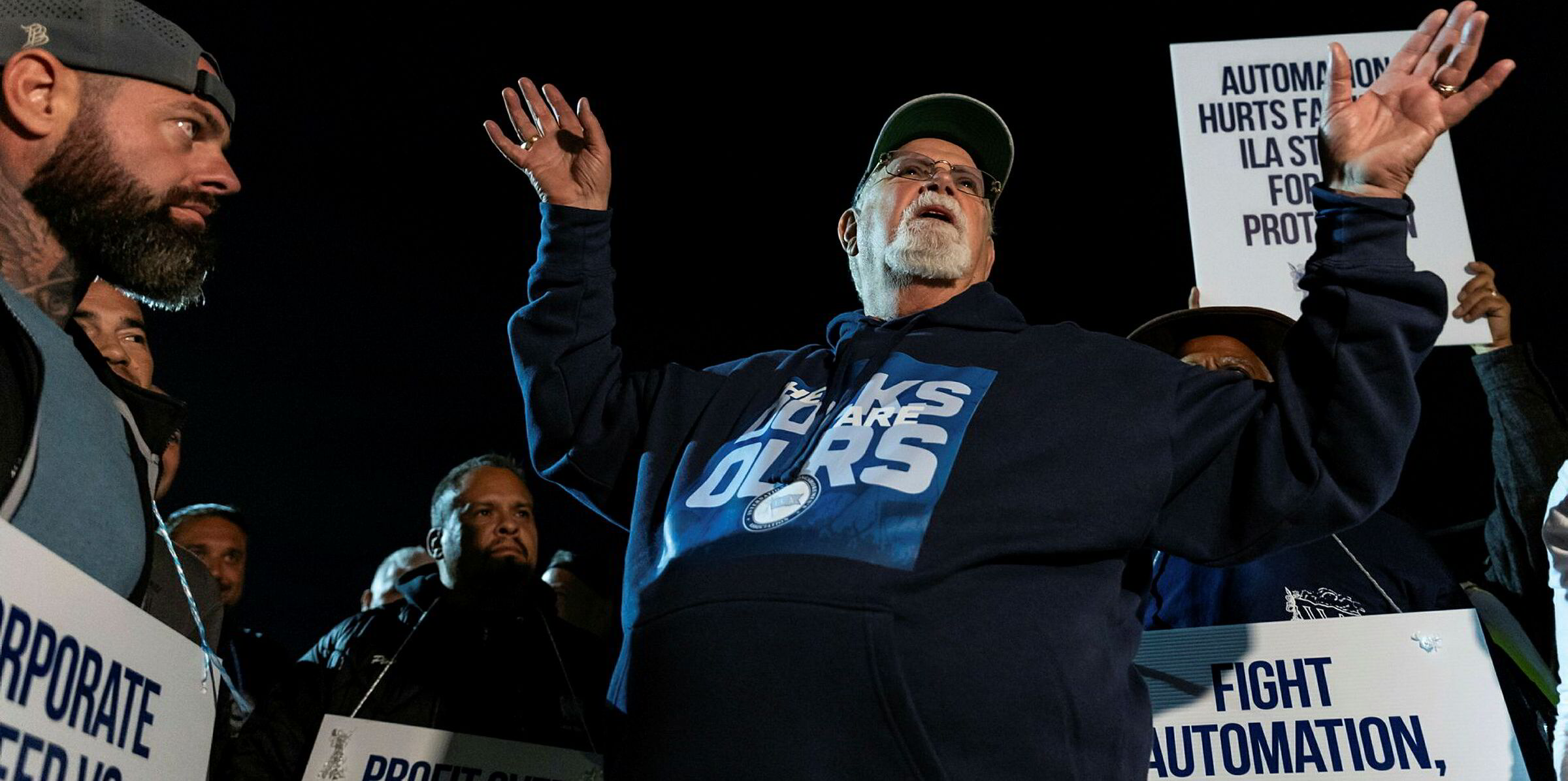Breakbulk cargo flows from key hubs on the US Gulf Coast could be affected by strikes by port workers, but to a much less dramatic extent than for containers.
On Tuesday, members of the International Longshoremen’s Association (ILA) launched a strike on the East Coast and Gulf Coast that will temporarily shutter 10 of the country’s 25 largest ports.
Steel and breakbulk operations at Ports America’s terminal in Tampa, Florida, will suffer some impact from the industrial action.
The terminal is still working vessels, but outbound cargo by truck is subject to work stoppage, according to sources with knowledge of the matter.
No vessels are due to call at the terminal until Saturday, when the 8,269-teu container ship MSC Tianshan (built 2006) and the 7,409-ceu car carrier Glovis Sky (built 2017) are due to arrive.
The Port of Houston confirmed last week that the strike will affect its general cargo and multipurpose facilities, as well as at its container terminals.
However, as Tuesday progressed, sources said breakbulk activities were continuing at Houston as normal.
Most breakbulk terminals at Houston and New Orleans are staffed with non-unionised workers.
However, dockworkers at Ports America, QSL and CSA facilities are part of the ILA.
CSA is understood to have non-union workers on hand in the event of any work stoppage, but so far activity appears to be proceeding as normal.
The terminal operator has breakbulk terminals on the US Gulf Coast at Mobile, Alabama; Pascagoula and Gulfport, Mississippi; and New Orleans, Louisiana.
It also has a facility in Long Beach, California.
QSL has three Gulf Coast breakbulk terminals in Louisiana and two at Houston, alongside other US locations.
Container terminals on the Atlantic seaboard and the Gulf Coast came to a standstill on Tuesday due to the walkout.
Trade groups have called on President Joe Biden to use his power to end the strike.





